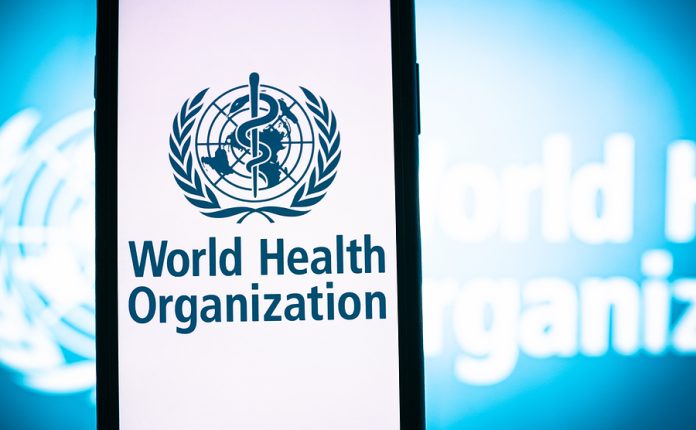The World Health Organization and its Programme for International Drug Monitoring has announced their latest effort to support global drug safety: a mobile application called “Med Safety”. The app enables users to report adverse reactions to medications directly to a database managed by national authorities.
Aim of The Program
The Programme for International Drug Monitoring aims to gather national data regarding adverse drug reactions and report it to VigiBase, the international WHO database that collects information regarding the use of a drug and any undesired responses to the drug. VigiBase is managed by Uppsala Monitoring Centre, which is based in Sweden.
If a drug is suspected to be unsafe, all WHO Member States will find out thanks to the shared information on the database.
VigiBase and the UK Medicines and Healthcare Products Regulatory Agency have teamed up to launch the “Med Safety” app in Armenia, Botswana, Burkina Faso, Côte d’Ivoire, Democratic Republic of Congo, Ethiopia, Ghana, Uganda, and Zambia.
Monitoring the Effects of the Treatments
During the COVID-19 pandemic, the need for careful international drug monitoring has increased. As new drug treatments for the coronavirus develop, health professionals and patients alike are monitoring the effects of the treatments and noting any adverse reactions. When the COVID-19 vaccine becomes available, the “Med Safety” app will be rolled out in more countries.
Before medications or vaccines are made available to patients around the world, they are tested rigorously to determine how well they treat a disease or condition. Safety considerations are also a top priority. This kind of important data is most helpful to researchers when it is gathered by health professionals and local, national and international agencies who have access to an entire population’s data.
Sometimes, a patient might experience an adverse reaction if the diagnosis is incorrect, or if the prescription indicates an incorrect dosage. Previously unknown allergies and drug and food interactions can also explain adverse reactions, as well as self-medication with other prescriptions and not following the instructions while taking the drug. Sometimes, a counterfeit drug or below-standard production processes can cause adverse reactions in patients.
As soon as a problem with a drug is identified, international information networks can act to remedy the issues. Medical researchers can analyse these reactions, on a global scale, in order to help health authorities make the drugs safer.
The WHO asserts that any patient who experiences a negative or unwanted reaction to a drug must report the reaction in a timely fashion to their health-care professional, even if the link between the drug and the reaction is unclear. In turn, the nurse, doctor, pharmacist, or dentist can quickly report the complaint to the database. This real-time information is the most significant aspect of drug safety monitoring, which is why the “Med Safety” app promises to benefit communities all over the world.


